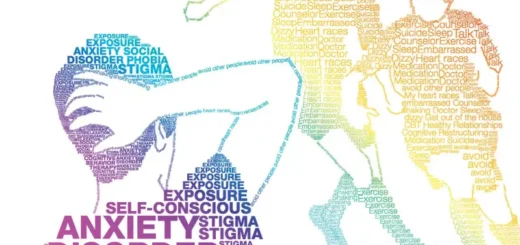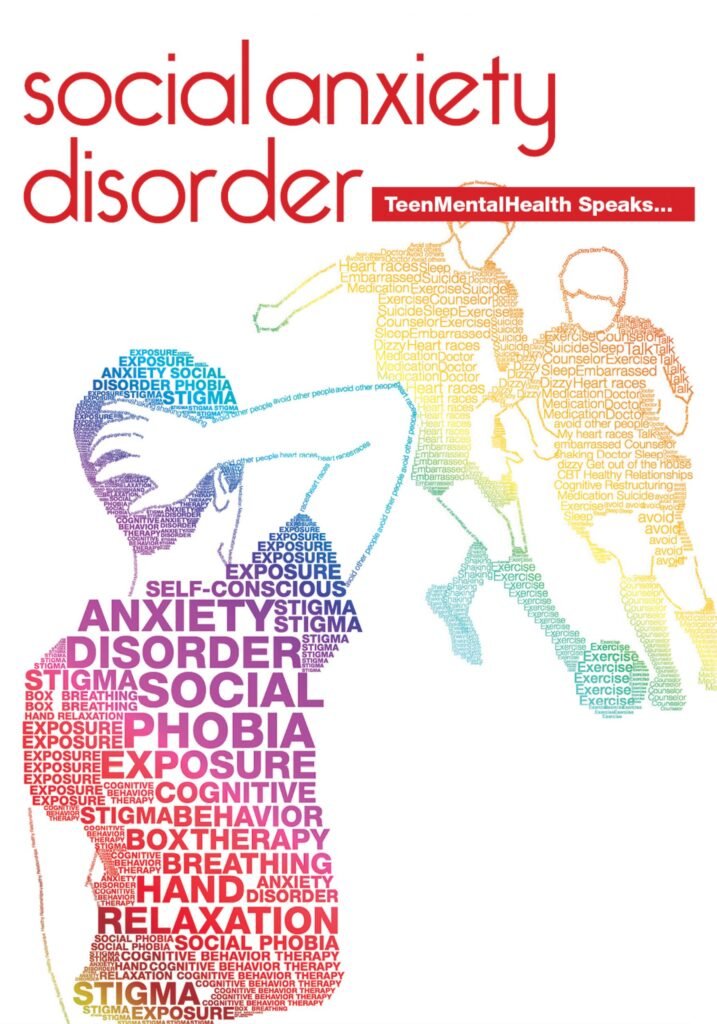About Social Anxiety
Social Anxiety is sometimes called social anxiety disorder or social phobia. Social anxiety is not just shyness, it is more severe than this. With social anxiety you get very anxious about what other people may think of you, or how they may judge you. As a result you have great difficulty in social situations which can affect your day-to-day life.
Symptoms can include:
- A marked fear or dread of social situations. You fear that you will act in an embarrassing or humiliating way and that other people will think you are stupid, inadequate, foolish, etc.
- In some cases the fear is only for certain situations where you will be looked at by others even if they are known to you. For example, you become very anxious if you have to ‘perform’ in some way such as give a talk or presentation, take part in a discussion at work or school, etc. But, you are OK in informal social gatherings.
- In other cases the fear occurs for most social situations where you may meet strangers. This can even include eating in public places as you fear you may act in an embarrassing way.
- You may have weeks of anxiety prior to a social event or an event where you have to ‘perform’.
- You avoid stressful social situations as much as possible.
- If you go to the feared situation you:
- become very anxious and distressed.
- may develop some physical symptoms of anxiety such as: a fast heart rate, palpitations, shaking (tremor), sweating, feeling sick, chest pain, headaches, stomach pains, a ‘knot in the stomach’, fast breathing.
- may blush easily.
- may have an intense desire to get away from the situation.
- may even have a panic attack.
What are the treatment options for social anxiety?
Cognitive-behaviour therapy (CBT)
Some studies suggest that cognitive-behaviour therapy works well in up to 3 in 4 cases of social anxiety. (However, it may not be available on the NHS in all areas.)
- Cognitive therapy is based on the idea that certain ways of thinking can trigger, or ‘fuel’, certain mental health problems such as phobias. The therapist helps you to understand your current thought patterns. In particular, to identify any harmful, unhelpful, and ‘false’ ideas or thoughts which you have that can make you anxious. The aim is then to change your ways of thinking to avoid these ideas. Also, to help your thought patterns to be more realistic and helpful. Therapy is usually done in weekly sessions of about 50 minutes each, for several weeks. You have to take an active part, and are given ‘homework’ between sessions. For example, you may be asked to keep a diary of your thoughts which occur when you become anxious before a social event.
- Behaviour therapy aims to change any behaviours which are harmful or not helpful. Various techniques are used. For social phobia the therapist will usually help you to gradually face up to feared situations, a little bit at a time. The therapist teaches you how to control anxiety when you face up to the feared situations. For example, by using deep breathing techniques. This type of behaviour therapy is called ‘exposure therapy’ where you are exposed more and more to feared situations and learn how to cope. The therapist may also teach you certain social skills such as verbal and non-verbal skills to help you in social situations. For example, how to start and maintain a conversation, appropriate eye-contact with other people, etc.
Self help
You can get leaflets, books, tapes, videos, etc, on how to relax and how to combat anxiety. They teach simple deep breathing techniques and other measures to relieve stress and anxiety. A longer leaflet in this series called ‘Shyness and Social Anxiety – a Self Help Guide‘ is a good start.
So what do Social Anxiety Support offer?
In many situations Social Anxiety can be helped by group therapy, ongoing support is a major key in unlocking the doors for Social Anxiety sufferers. Social Anxiety Support here in Christchurch are the only official support group for people with Social Anxiety in New Zealand.
Please direct your enquiries through our discreet, experienced and caring staff.










